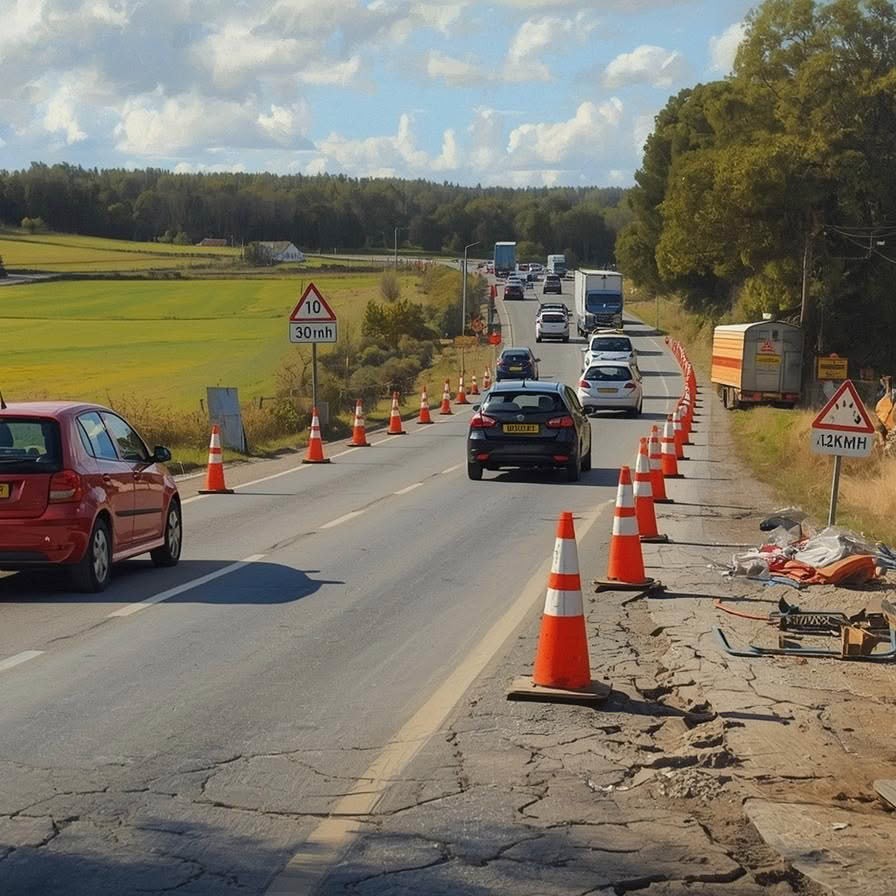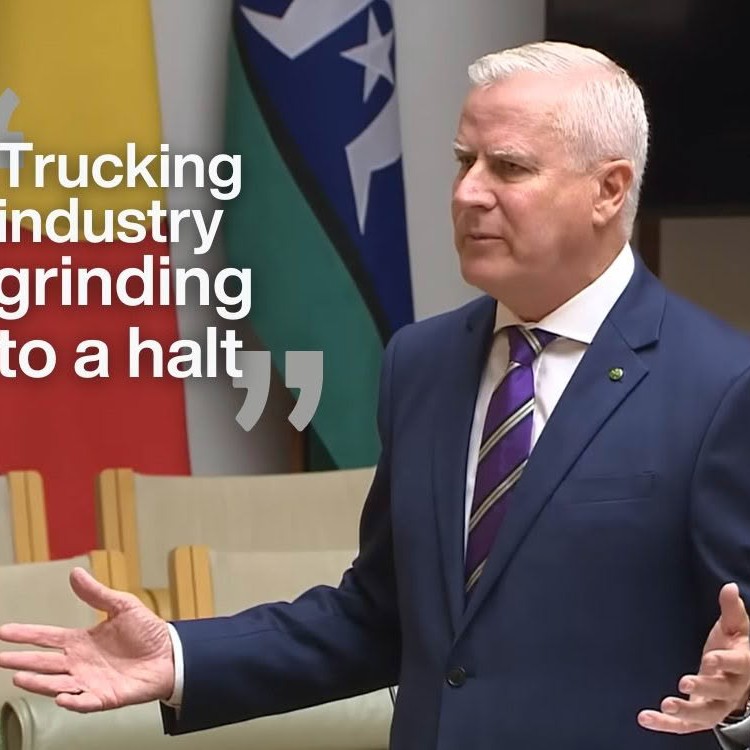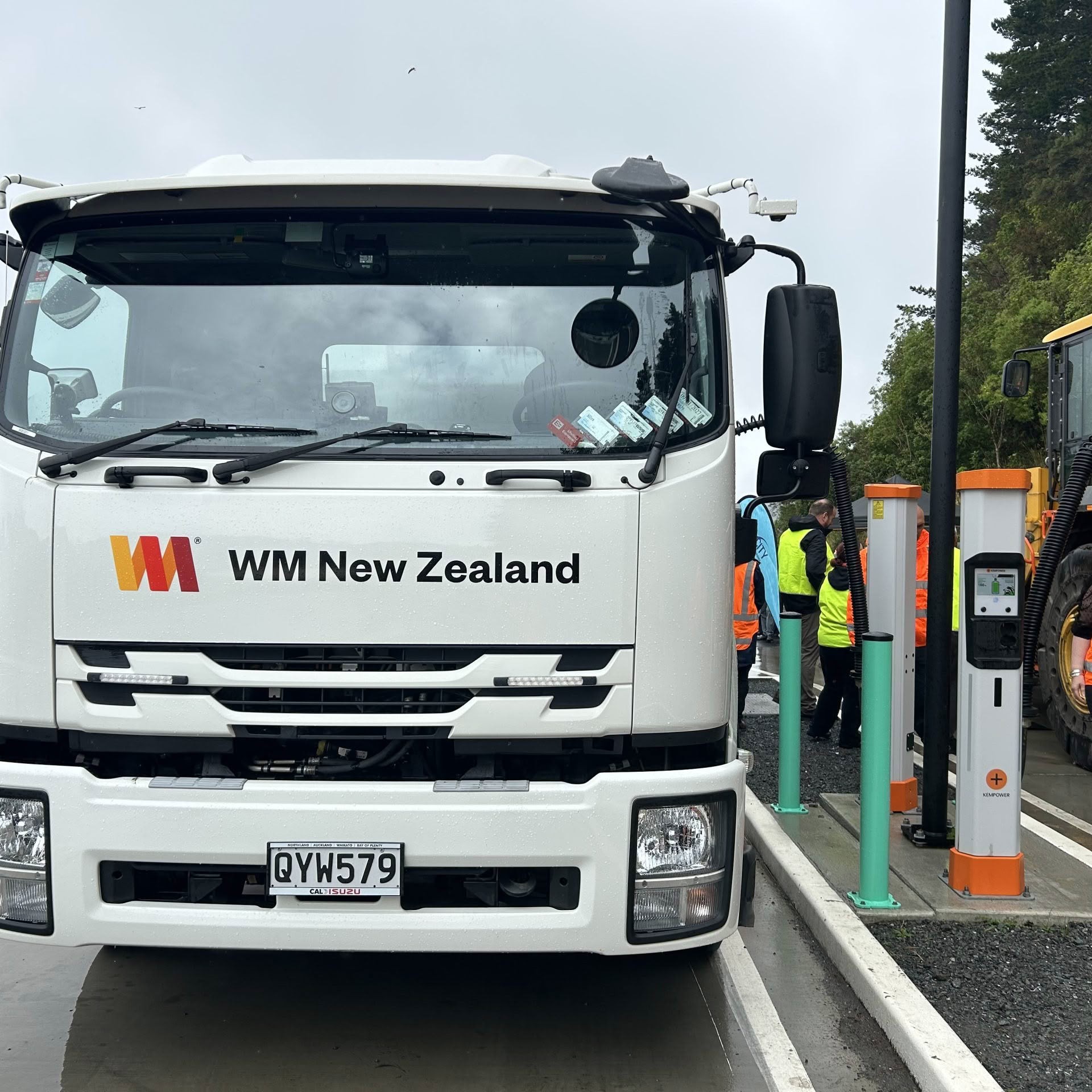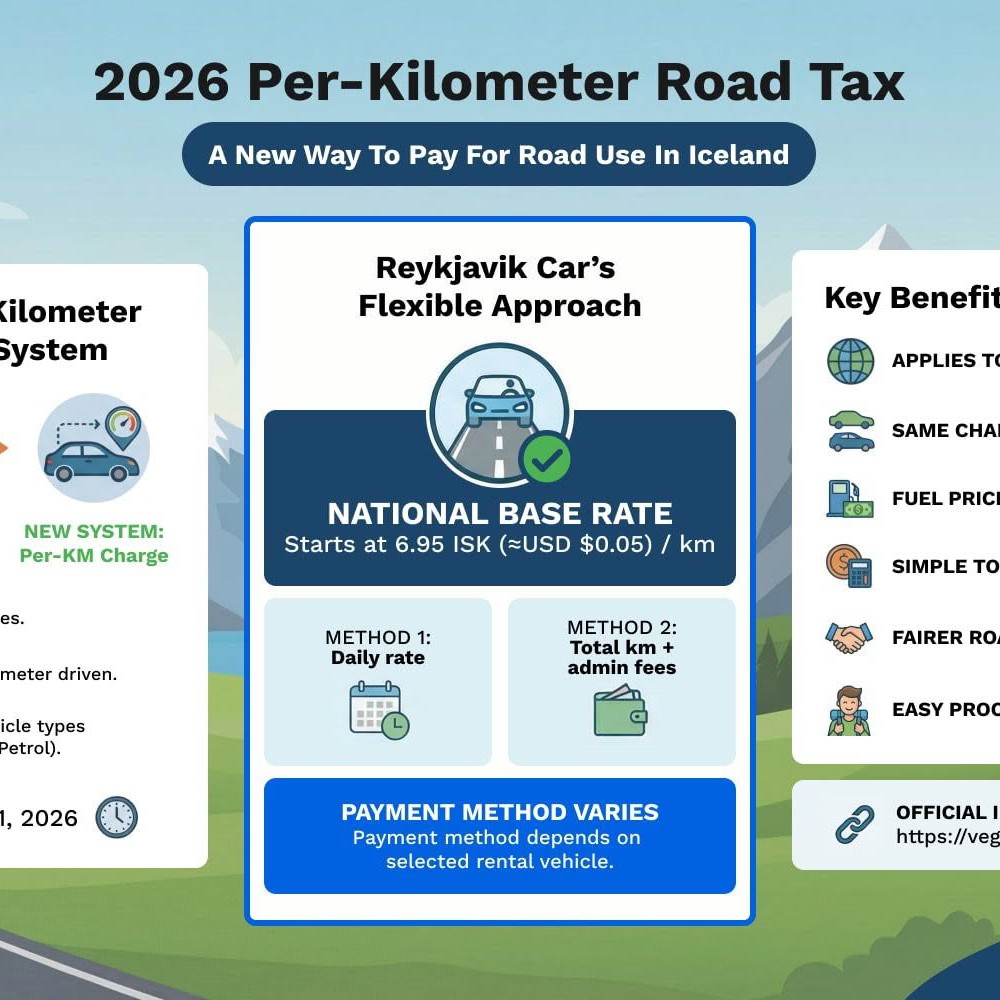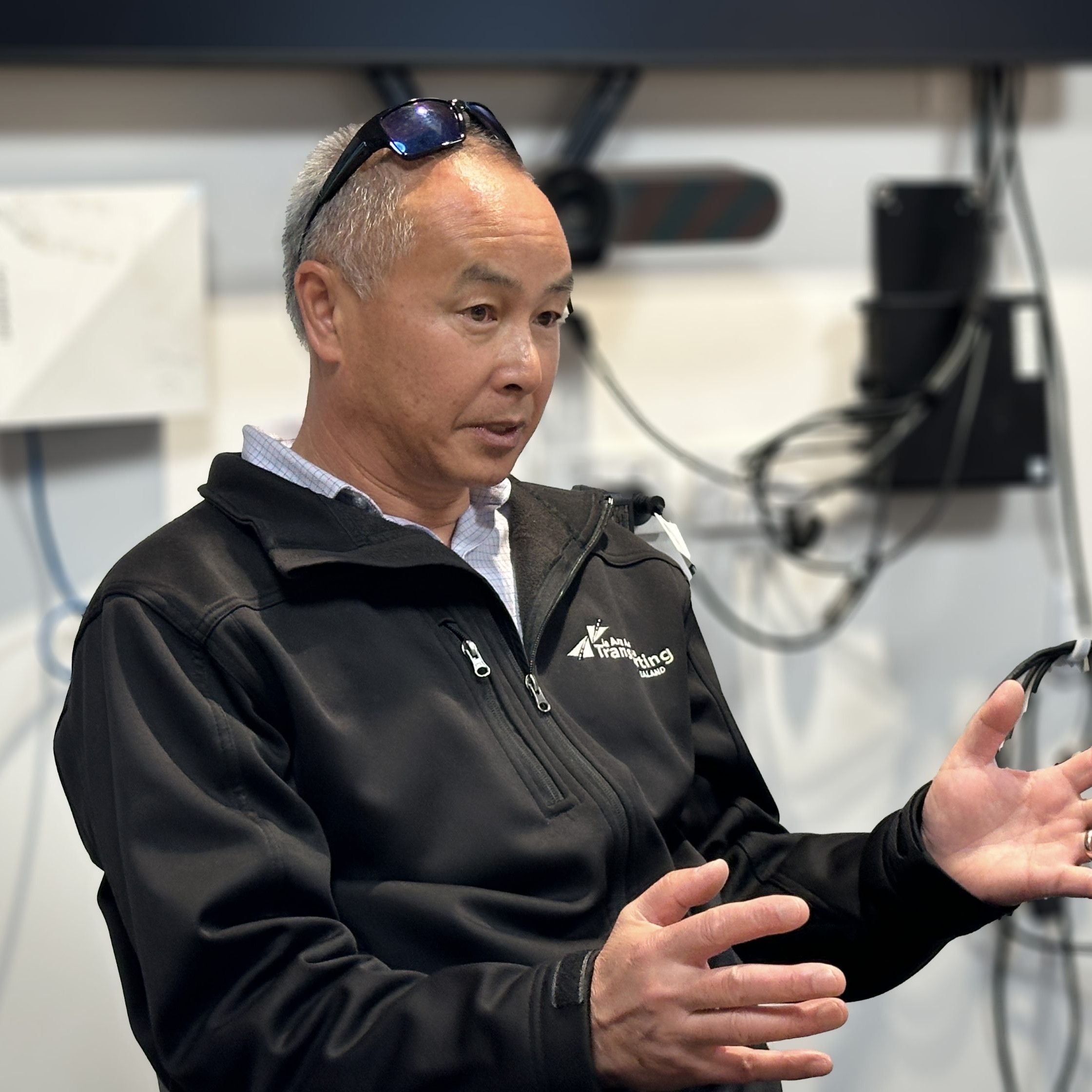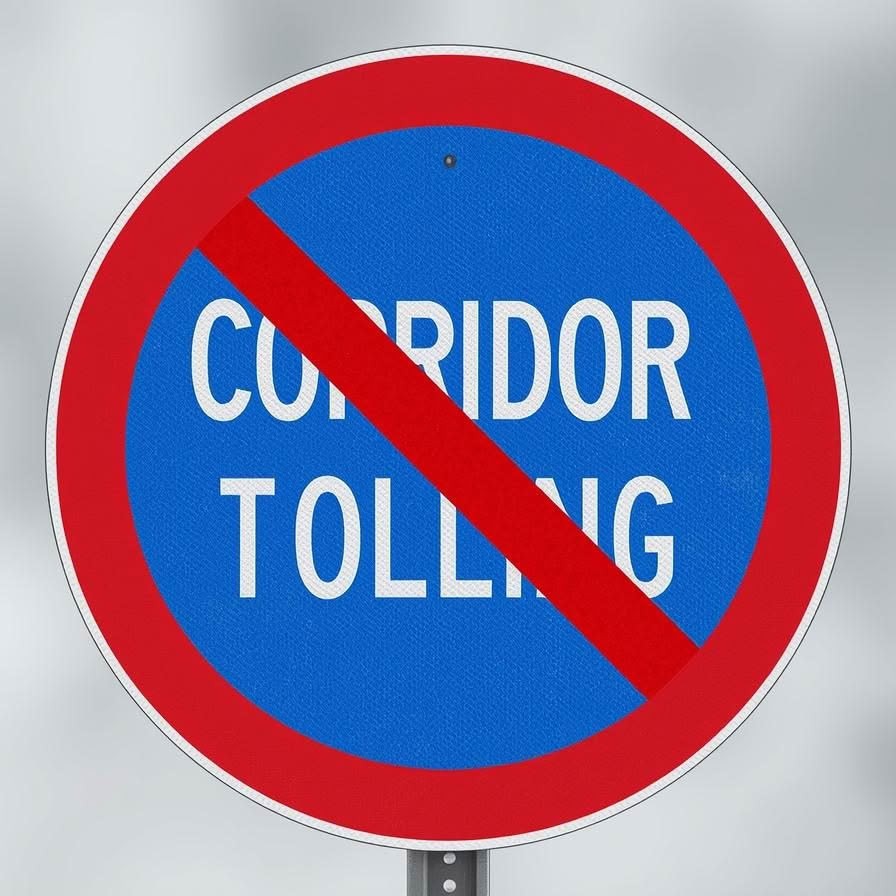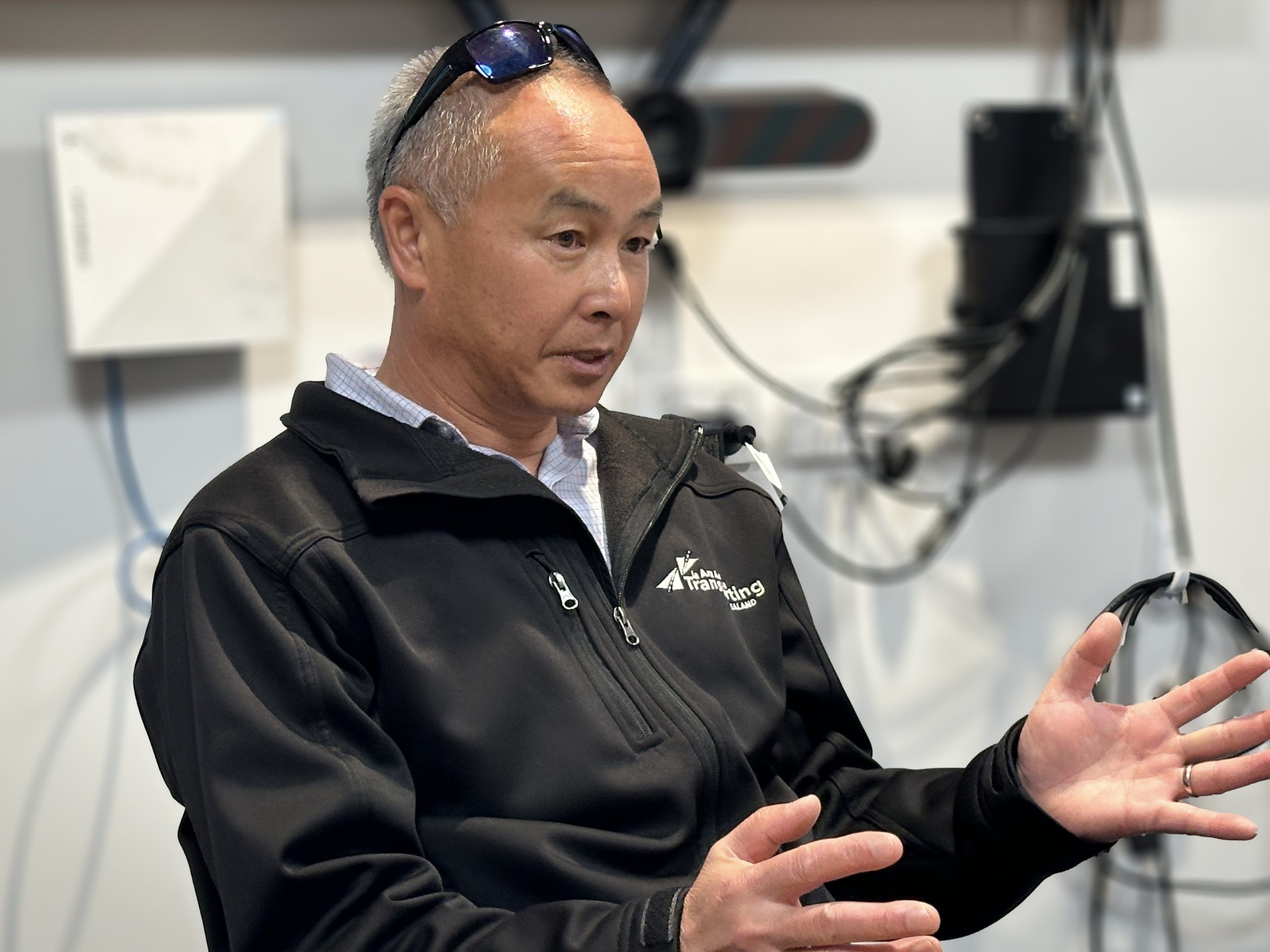
Firstly, my apologies to the mighty team at HWR. Last week I forgot to offer my thanks to them for another tremendous Transport Hall of Fame dinner in Invercargill. I’m a strong believer that celebrating success and achievement is very important to our sector and I think no one knows how to make that happen better than Joc, Scott, their team and all their supporters, so apologies and please accept this belated thanks.
This week included a number of meetings where views were shared of the industry and economy. Feedback was pretty consistent, and one term I heard used to sum things up was “grim”. There also seemed a reasonable consensus that the recovery was still some way away.
Despite these conditions NZTA figures show that in the 2025 calendar year to date, there have been 1,230 new entrants gaining goods service licences, equivalent to about 150 new licences a month. Last year, the monthly average was about 142, although that is for the 12 months of 2024.
According to the Centrix Credit Indicator, 154 transport companies have been put into liquidation in the past year — up 52%.
For those that have attended our major events over the last couple of years this will likely be no surprise. The main message from our Board Chair’s Cameron Bagrie Economics presentations has consistently focussed on acknowledging the increasing economic and business risk, with recommendations about greater thinking around managing those risks.
Our team has a key role in trying to influence the environment around us to respond to the challenges in front of us. One of the strategies we are focussed on is prioritising our work on what matters. It is not dissimilar to what the Aggregate and Quarry Association refer to as “Stop the vanity projects” in preparation for their conference next year.
The current government has clearly indicated a need for us to shift focus to the economy and increasing productivity. And it’s good to see this filtering down in some draft strategy documentation that we’ve been consulted on.
However, there still seems a reluctance for that to show up in practice. One of the areas where we’re not seeing much change is speed limit setting and road controlling authorities appearing to obliviously continue proceeding with unnecessary changes. We continue to provide submissions and clearly point out that their own analysis is regularly showing there is no benefit, but by and large they charge on.
I’m sure most of our members are also ratepayers, and I’m not aware of a single road controlling authority that isn’t struggling to find funding for investment in key infrastructure. I urge members not to be shy in joining us challenging some of the needless spend that’s happening.
Now more than ever we need to be clear on priorities. Unless there is really strong evidence of something delivering significant benefit and good return on investment then I believe we’re better off focussing on our core strengths and leveraging those opportunities as much as possible.
That’s why we’ve taken a strong view on trying to improve the transport licence system, one of those being the Goods Service Licence (GSL). NZTA data regarding transport service licences issued over the last two years or so shows that a little over 10 per cent of new entrants are issued with a warning after NZTA undertake an entry compliance check, and some of those warnings could be due to prior offences. 0.3% of applicants were declined.
It is a nonsense that we have a regulatory system that licenses operators and then later assesses their systems and compliance. The effort to remove a licence is substantial, so why let them in in the first place?
My even bigger concern is that our industry is divided on this. Rather than fix what we’ve got, there is a train of thought that another regime should be introduced, involving new third parties auditing transport operators.
The last thing transport operators need is another new compliance cost being added to their business.
We are already one of the most regulated industries in the country and we have an independent licensing authority to manage that in NZTA. I agree the current system has its shortcomings, but let’s get in and fix that rather than start something else.
I hear increasing comments about rampant non–compliance and an industry full of “cowboys”. There is also increasing racially discriminatory undertones with many of those comments. No doubt, there is some non-compliance, but let’s also stick to the facts and avoid being overly alarmist. We can all do our bit to deal with non-compliance when we see it.
We are undertaking further analysis, but initial indications are that over the last three years NZTA has undertaken several thousand compliance assessments of GSL holders. That means it’s likely that the majority of transport operators have been assessed. Fewer than 75 cases resulted in serious action such as licence revocation or suspension. While we don’t support any of those bad operators, it’s important to keep in mind that is a very small minority and furthermore, we believe we can help NZTA make this system much better.
Here’s my suggestion: think about opportunities to leverage what you’re already doing and better celebrate our achievements. The Green Fleet tool which we will launch later this month is a great demonstration of that. Many of our members are doing a lot of good work in decarbonising their diesel fleet. The Green Fleet tool allows operators to better demonstrate this, and it doesn’t require another third party coming in to do that for them. Watch this space.
Stop the vanity projects!
